Centre for
Social Research & Innovation (SRI)
Under the Aegis of KIIT – Technology Business Incubator
The world is at a critical juncture where it has become imperative to drive economic viability and address environmental sustainability challenges simultaneously. This dual-goal model is necessitated by a gamut of socio-economic-ecological problems, prevalent particularly in rural areas. In developing economies like India, some of these problems in the rural segment include poverty & inequality, unemployment & underemployment, agricultural distress, youth outmigration, infrastructural gaps, climate change & biodiversity loss, poor sanitation, hygiene and waste management systems, social conflict, and more. This underscores the immediate need to harness social innovations and sustainable entrepreneurship that can foster economic prosperity and environmental stewardship.
Thematic Areas

Agriculture

Organic value chain

Water conservation and Irrigation management

Livestock development and fisheries

Community institutions

Craftsmanship

Social inclusion

Financial inclusion

Gender equality

Biodiversity conservation

Health and nutrition

Education
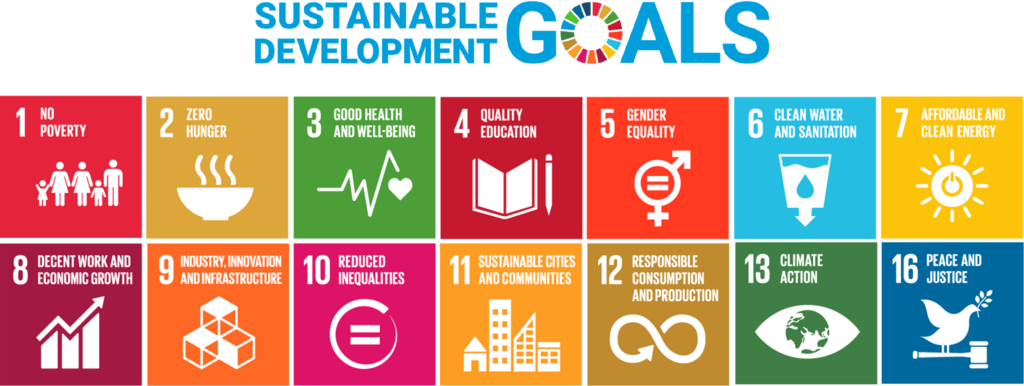
Our Vision
Empowering communities through cutting-edge research and pioneering livelihood solutions by catalyzing positive & lasting change, fostering equity & inclusion, and sustainable development through social innovation and entrepreneurship for a better, brighter future of the rural youth.
Our Mission
1. To identify local innovations across sectors of rural entrepreneurship and integrate the knowledge into regional economic systems
2. To infuse accessible and affordable technology interventions that bring about rural transformation and find innovative solutions to local rural problems by scaling up successful models
3. To organize a series of capacity-building programs and mentoring toward livelihood and entrepreneurial initiatives
4. To conduct rigorous research addressing prominent social issues and provide informed solutions and policy recommendations
5. To bridge the gap between academia, industry, and civil society, facilitating knowledge exchange and fostering multi-sectoral partnerships at a global level for impactful change
6. To cultivate a culture of innovation, fostering collaboration and experimentation to develop novel approaches to livelihood challenges
7. To empower marginalized communities through participatory research and inclusive practices, amplifying diverse voices and perspectives
8. To educate and engage the public on critical social issues, promoting awareness, empathy, and informed action towards a more just and equitable society.
Road Map To Viksit Bharat
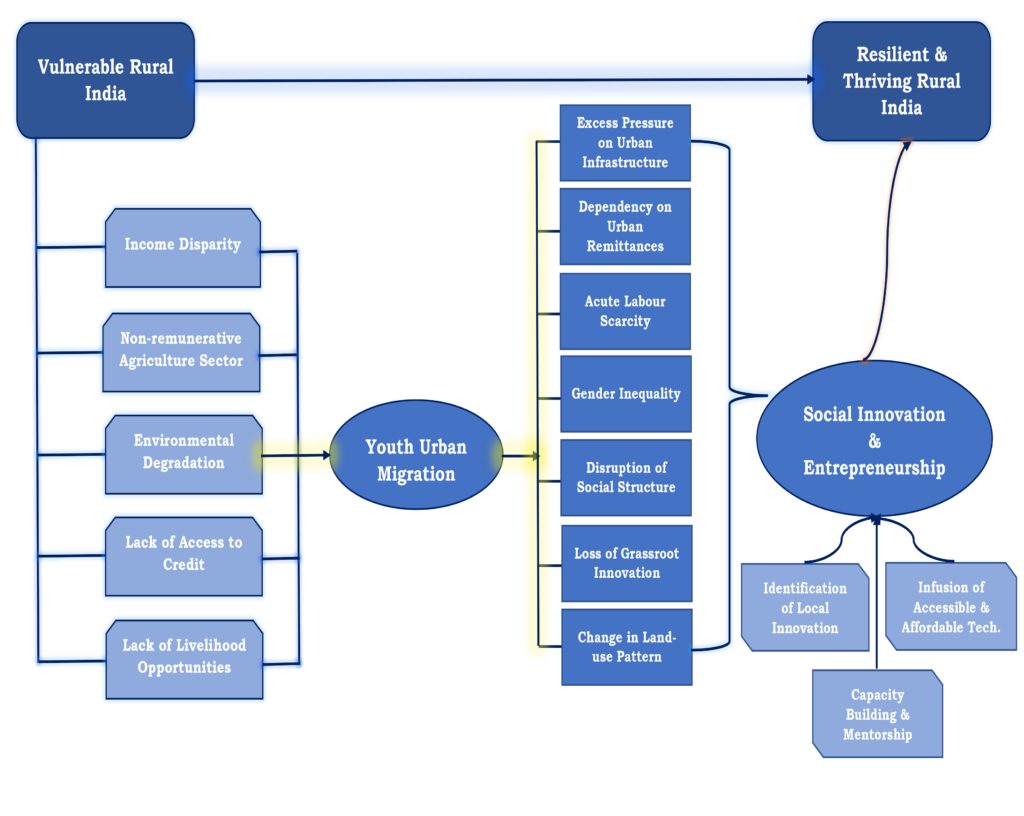
Ongoing Projects
Funding Agency
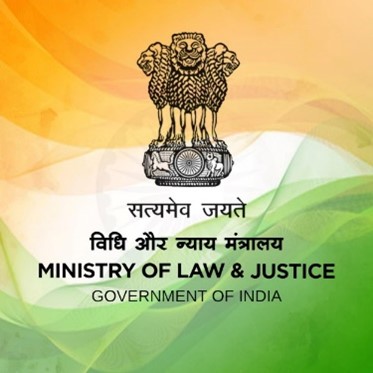
Mapping Global Best Practices in Pendency Reduction to Indian Judicial System and Tracing the Way Forward: An In-depth Empirical Engagement with Select Courts of India
This research project seeks to make policy recommendations to the Government of India on the critical issue of case pendency in the Indian judiciary. To that end, the research team has conducted pendency reduction best practices globally, gauged the perceptions of judges and lawyers within the Indian judiciary regarding these global best practices, and made policy recommendations for adopting acceptable best practices. The central aim of the project is to bridge the gap between global best practices and national adaptability through policy intervention.
Relevant Sustainable Development Goals: SDG-10; SDG-16
Funding Agency
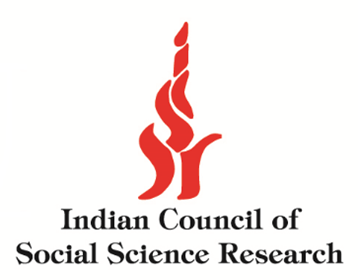
Mining, Vertical Integration, and Corporate Initiatives: Implications for Ecological Stability and Social Inclusion in Odisha, India
Forward vertical integration in the mining sector can create multiplier effects. However, it also exerts more pressure on local ecology and natural resource-based livelihood practices, creating a possible trade-off between inclusion and sustainability. The central aim of this project is to understand the difference in social inclusiveness and ecological consequences with and without vertical integration in the state of Odisha. This project seeks to design an institutional structure to facilitate inclusive and sustainable development following mining.
Relevant Sustainable Development Goals: SDG-10; SDG-15
Funding Agency

Role of MGNREGA Assets in Building Household Resilience to Climate Shocks
The Mahatma Gandhi National Rural Employment Guarantee Act (MGNREGA, 2005) seeks to provide a minimum of 100 man-days of unskilled labor employment by creating productive and durable assets for rural households in India. The central aim of this project is to scrutinize the role of MGNREGA assets in building the households’ resilience to climate shocks in climate-vulnerable regions of rural Odisha. This project seeks to provide evidence on how to mainstream climate risk management into social protection programs to address poverty in the context of climate change.
Relevant Sustainable Development Goals: SDG-1; SDG-13
Our Inspiration
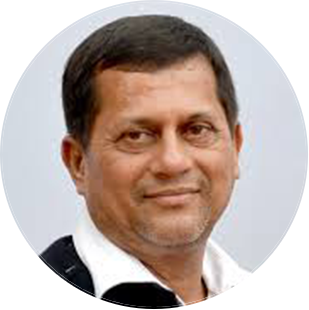
Prof. (Dr.) Achyuta Samanta
Chief Patron

Prof. (Dr.) Mrutyunjay Suar
Chief Advisor-cum-Mentor
Cohort Leads
Our Advisors - Internal Members

Dr. Namrata Misra
CEO, BCKIC, Advisor KIIT-TBI, Associate Professor KSBT

Prof. (Dr.) Keshab Das
Dean, School of Economics and Commerce, KIIT (Deemed to be) University

Prof. (Dr.) Damodar Suar
Chairperson, Social Science Research, KIIT (Deemed to be) University
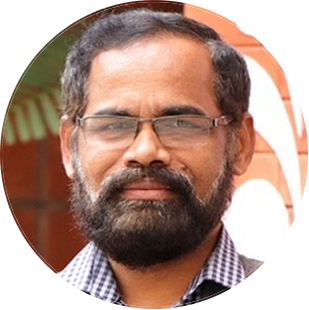
Prof. (Dr.) Damodar Jena
Dean, School of Rural Management, KIIT (Deemed to be) University

Prof. (Dr.) Srinivas Patnaik
Dean, School of Biotechnology, KIIT (Deemed to be) University

Prof. (Dr.) Rojalin Sahu
Dean, School of Applied Sciences KIIT (Deemed to be) University
Our Advisors - External Members

Prof. (Dr.) Alakh Narayan Sharma
Director, Institute for Human Development (IHD), New Delhi
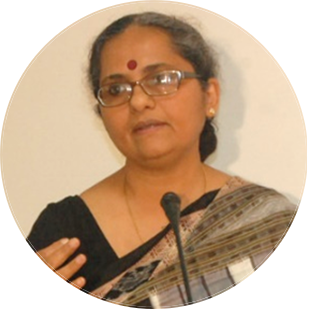
Prof. (Dr.) Tara Nair
Co-Founder and Director of Research Work Fair & Free Foundation, Bangalore

Prof. (Dr.) Faizan Mustafa
Vice-Chancellor, Chanakya National Law University (CNLU), Patna

Prof. (Dr.) Rajeswari S. Raina
School of Humanities and Social Sciences, Shiv Nadar University

Prof. (Dr.) Pulak Mishra
Dept. of Humanities and Social Sciences IIT Kharagpur
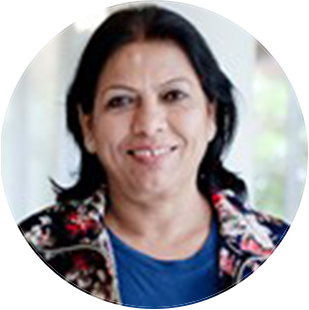
Prof. (Dr.) Saudamini Das
Institute of Economic Growth (IEG) New Delhi

Prof. (Dr.) Subodh Kandamuthan
Dean, Administrative Staff College of India (ASCI), Hyderabad
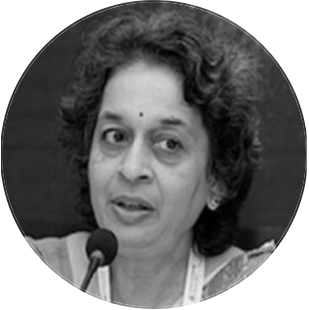
Ms. Svati Bhogle
Former Chairman, Technology Informatics Design Endeavour (TIDE), Bengaluru


